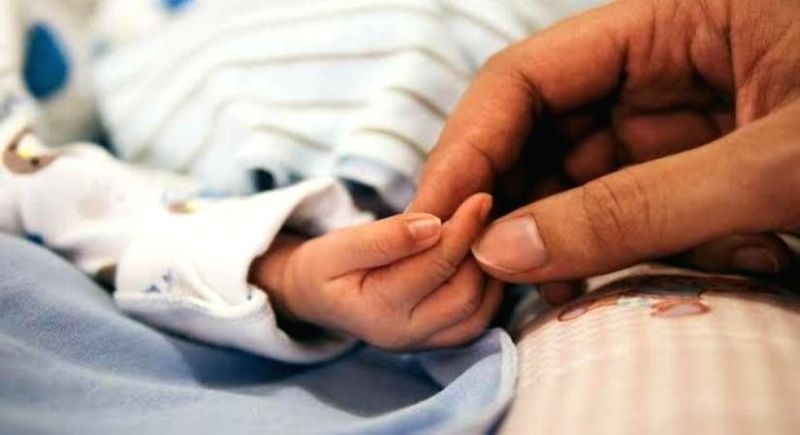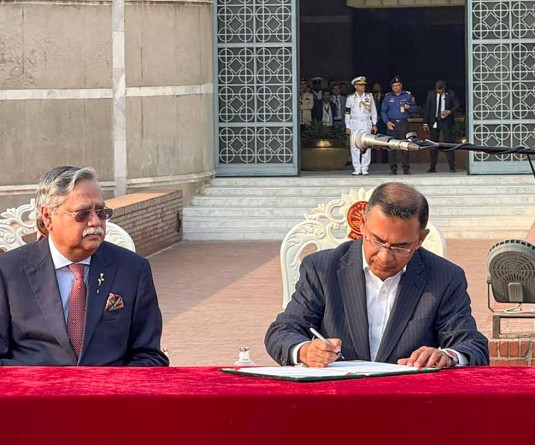IANS File Photo

Beijing, February 19 (PTI): As the spectre of ageing population coupled with declining birth rates continue to loom large despite relaxation of the one-child policy in 2016, a concerned China has approved three provinces to carry out full assessments and research into possible effects of further easing of birth policy.
After implementing decades old one-child policy, China is facing demographic crisis with rapidly ageing population over 60 years, which according to official figures has increased to 420 million in 2019.
The two-child policy failed to make impact on the low birth rates as the number of births dropped by two million in 2018.
China as a whole saw 580,000 fewer births in 2019 than in 2018, marking the third consecutive year of decline since the implementation of the universal two-child policy in the mainland, according to official data.
According to China's statistics bureau, the country had a population of 1.34 billion in 2010 with an annual growth rate of 0.57 per cent, down from 1.07 per cent a decade earlier.
China is yet to release the results of the latest census conducted last year.
According to a United Nations report, India is projected to overtake China as the world's most populous country by 2027.
Considering the rapid decline of population, Chinese lawmakers last year have proposed in the Parliament that three provinces in Northeast China should fully lift the family planning policy to offset the region's aging population.
Following through the suggestion, China's National Health Commission (NHC) on Thursday said that three provinces -- Liaoning, Jilin and Heilongjiang, may carry out full assessments of and research into the possible effects of further birth policy easing before rolling out trial plans to adjust local policies.
Though relatively relaxed family planning policies are already in place, people's fertility willingness is not high in the north-eastern provinces, the commission said, noting that it can be fairly attributed to economic causes, among others, rather than family planning policies.
During the last year's National People's Congress, (NPC) session, Chen Xiangqun, an NPC deputy and executive vice governor of Liaoning Province, proposed lifting the family planning policy in Liaoning, Jilin and Heilongjiang provinces, and increasing investment in child care and preschool education.
Deputy Liu Hong, who is also the president of Dalian University of Foreign Languages, made a similar proposal that involves subsidies and tax cuts to encourage couples to have more children.
Liaoning's population fell 0.08 per cent in 2019 to roughly 43.5 million. About 25 per cent of them are above 60 years old, an earlier report by the state-run Global Times said.
Supporters of easing restrictions on birth controls argued that the whole country should consider lifting the birth restrictions and some deputies have proposed furthering the two-child policy to allow a third child. The idea is to encourage young people to have children.
Zhai Zhenwu, president of the School of Sociology and Population Studies at the Renmin University of China, told the Global Times that, based on his studies, the fertility rate of women in the three northeast provinces has been low for a long time, averaging around 1.2 children per woman compared with the country's 1.6-1.7.






